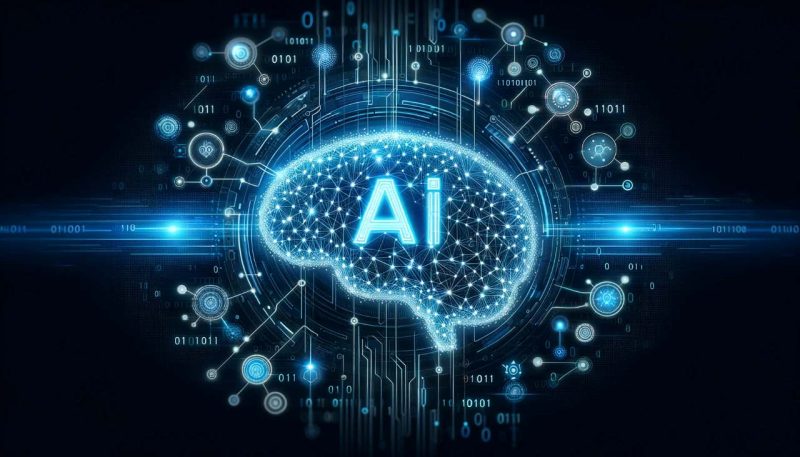
The rise of artificial intelligence (AI) has been both a boon and a bane, depending on whom you ask. One of the most significant disruptions AI has caused is within the freelancer economy.
As AI tools like ChatGPT become increasingly sophisticated, the demand for freelance services, particularly in writing, graphic design, and other creative fields, is experiencing a notable decline.
This article explores the profound impact of AI on the freelancer economy, examining the causes, effects, and potential future developments.
The AI Revolution: A Double-Edged Sword
AI’s Growing Capabilities
AI technologies have evolved at an astonishing rate. Tools like ChatGPT can now produce high-quality written content, generate realistic images, and even compose music. These capabilities, once thought to be the exclusive domain of human creativity, are now increasingly within the reach of AI. The implications for freelancers are significant, as clients begin to realize they can achieve similar results more quickly and cost-effectively using AI.
Cost and Efficiency Benefits
For businesses, the appeal of AI lies in its ability to deliver work faster and at a fraction of the cost of human labor. AI does not require breaks, can work around the clock, and can produce consistent quality without the variability inherent in human work. This efficiency translates into lower costs and higher productivity, making AI an attractive option for companies looking to streamline their operations and cut expenses.
The Decline in Freelance Demand
Impact on Writers and Content Creators
One of the most affected groups in the freelancer economy is writers and content creators. AI tools like ChatGPT can generate articles, blog posts, and even complex reports with minimal human intervention. As a result, many freelance writers find themselves competing with machines that can produce comparable content in less time and at a lower cost. This shift is causing a significant drop in demand for human writers, leading to reduced job opportunities and downward pressure on rates.
Graphic Designers and Visual Artists Feel the Pinch
Graphic designers and visual artists are also feeling the impact. AI-powered design tools can create logos, social media graphics, and even entire website layouts with remarkable ease. These tools often come with user-friendly interfaces that allow non-designers to produce visually appealing content. Consequently, businesses are increasingly opting for AI solutions over hiring freelancers, further eroding the demand for human designers.
Shifts in the Gig Economy Landscape
The Rise of AI-Enhanced Freelancing
While AI is reducing the demand for traditional freelance roles, it is also creating new opportunities for those willing to adapt. Freelancers who can leverage AI tools to enhance their work are finding ways to stay competitive. For example, writers who use AI for research and drafting can offer faster turnaround times, while designers who incorporate AI into their workflow can produce more innovative and varied designs.
New Skillsets and Niches
The changing landscape of the freelancer economy is also driving the need for new skillsets. Freelancers who can master AI tools and integrate them into their services are more likely to thrive. Additionally, niches that require a human touch, such as personalized coaching, bespoke artwork, or highly specialized technical writing, remain relatively insulated from AI encroachment.
The Future of Freelancing in an AI-Driven World
Adaptation and Resilience
The freelancer economy is not vanishing; it is evolving. Those who can adapt to the new tools and demands of the market will find new opportunities. Embracing continuous learning and staying abreast of technological advancements will be crucial for freelancers aiming to stay relevant.
Ethical Considerations and Collaboration
As AI continues to evolve, ethical considerations around its use in the freelance economy will become increasingly important. Issues such as data privacy, copyright, and the potential for job displacement need to be addressed. Collaboration between AI developers, businesses, and freelancers can help create a balanced ecosystem where technology enhances rather than replaces human creativity and labor.
The disruption caused by AI in the freelancer economy is undeniable. While it presents challenges, it also offers opportunities for those willing to adapt and innovate. The future of freelancing will be defined by the ability to harness AI’s potential while retaining the unique qualities that only human creativity and expertise can provide. By staying flexible and embracing new technologies, freelancers can navigate this changing landscape and continue to thrive in an AI-driven world.
